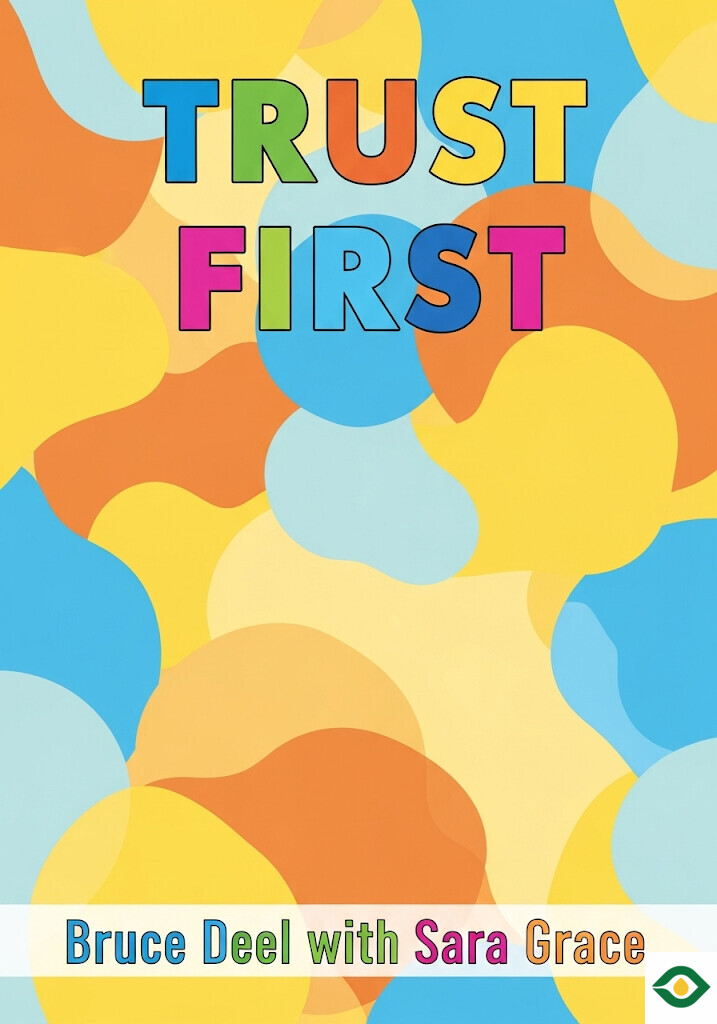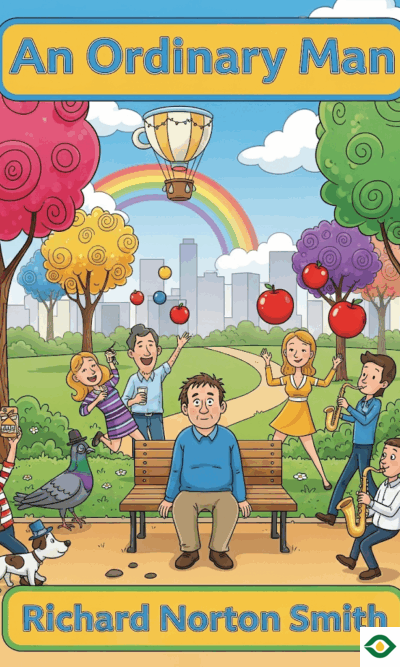Description
Trust First is the story of Pastor Bruce Deel and the birth of City of Refuge, a community project in Atlanta that grew from one man’s desire to help into one of the most inspiring social organizations in the world. It is not a story of quick fixes or easy victories. It is about long struggles, hard lessons, and the power of trust to rebuild dignity in people who had been abandoned by society.
In 1997, Bruce Deel was asked to spend six months as a visiting pastor in a poor Atlanta neighborhood. At the time, he imagined his job would be simple—preaching, feeding people, offering prayer. But very quickly, he realized the reality was far harsher. On one of his very first days, while serving food in a liquor store parking lot, he found himself stepping into the middle of a gunfight. A woman had pulled a gun on a man, and Deel, terrified but steady, put his hand gently on hers and asked, “You don’t want this, do you?” Miraculously, she lowered the weapon and walked away.
That moment changed everything for him. He realized that what people needed was not only food or charity, but trust. By showing the woman that he believed in her better nature, he gave her the space to make a different choice. Trust, he saw, could save lives.
When he returned the following week with more food, the streets were empty. Locals assumed he would never come back after such a violent encounter. But Deel stayed. His words “We return” became a promise that shaped the next twenty years.
Working in the neighborhood forced him to question his own beliefs. He had once thought poverty was mostly the result of bad choices. But seeing children grow up in violence, schools collapsing, drugs flooding the streets, and families broken apart, he realized something else: poverty was less about personal failure and more about a lack of opportunity. People made poor choices not because they wanted to, but because they had been born into systems that gave them no real alternatives.
To truly help, Deel knew he had to go beyond preaching sermons. He and his wife Rhonda made a bold choice—they moved their family into the very community they served. Leaving behind the safety of the suburbs, they lived inside the church building in the middle of Atlanta’s Westside. This decision sent a message of total commitment. They were no longer outsiders handing out food; they were neighbors, living side by side with those they wanted to serve.
Living there inspired new projects. They hosted community dinners where homeless people and volunteers sat together as equals. They started after-school programs for children who had no safe place to go. They opened a homeless shelter that welcomed anyone who could simply promise not to hurt others. Soon dozens of men had a bed and a meal every night. Mothers with children in crisis also found housing inside the church, sharing family life with the Deels themselves.
But the work was not easy. One of the hardest moments came with a homeless man named Michael, who struggled with severe mental illness. After threatening Deel’s family, Michael was arrested and sent to prison. Deel was shaken—not only for his family’s safety but also by the realization that the system had failed Michael. The shelter had given him temporary relief, but not long-term healing. Deel saw that true change required more than food and beds. People needed medical care, counseling, housing, education, and jobs—all in one place.
That dream led to the creation of City of Refuge. It started in a massive, abandoned warehouse crawling with rats. To most people, it looked impossible. Donors dismissed it as unrealistic. But when Hurricane Katrina struck in 2005 and thousands of evacuees poured into Atlanta, City of Refuge rose to the occasion. Within days, Deel’s team sheltered and fed thousands, proving that their vision could work. Suddenly, what seemed impossible looked necessary.
From there, City of Refuge grew rapidly. With support from the city government, they built transitional housing for mothers and children. They added more housing for women, a medical clinic, a childcare center, and a dining hall. Over time, they expanded even further, opening a school, job training programs, and shelters for victims of sex trafficking. They created a real one-stop community—everything people needed to survive and rebuild could be found under one roof.
Through it all, Deel learned that success does not always look like a perfect ending. For many, recovery was slow and uneven. A man staying sober for one more day, or a woman traumatized by abuse finally making eye contact, was victory enough. The goal was not instant transformation but steady growth. Deel and his team adopted the belief that progress, even in small steps, was worth celebrating.
This philosophy shaped their model: unconditional trust. They welcomed people others turned away. Addicts, former criminals, people who had failed again and again—everyone was given another chance. Trust meant lowering barriers, refusing to give up on anyone, and believing that people are more than their worst decisions.
Over time, trust spread. It gave people the courage to return after relapses. It inspired donors and volunteers to join the cause. It convinced the community that City of Refuge was not just another charity but a true home where dignity was restored.
Trust First is more than the story of one pastor. It is a reminder that real change comes when we see people not as problems to be fixed, but as human beings worthy of dignity, respect, and opportunity. It shows that even in the hardest places, unconditional trust can spark courage, rebuild lives, and create hope where none seemed possible.





